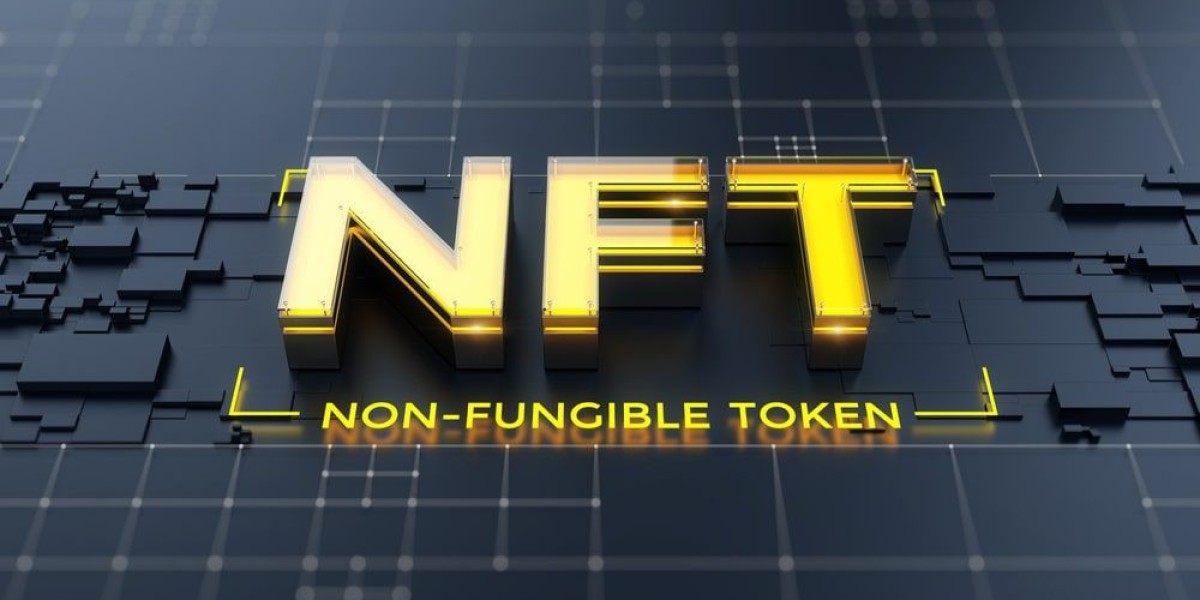Unveiling the Potential: A Comprehensive Analysis of the Smart Contracts Market
Introduction:
Smart contracts, powered by blockchain technology, are revolutionizing the way transactions are conducted across various industries. These self-executing contracts automate processes, reduce the need for intermediaries, and enhance security and transparency. As the adoption of smart contracts accelerates, the smart contracts market experiences significant growth and innovation. The Smart Contracts market industry is projected to grow from USD 1.9 Billion in 2023 to USD 9.2 Billion by 2032
Market Overview:
The smart contracts market is witnessing rapid growth, driven by the increasing adoption of blockchain technology and the need for more efficient and secure contract management solutions. Smart contracts enable parties to execute agreements automatically when predefined conditions are met, eliminating the need for manual intervention and reducing the risk of errors and fraud. From financial services and supply chain management to real estate and healthcare, smart contracts find applications across a wide range of industries.
Request To Free Sample of This Strategic Report - https://www.marketresearchfuture.com/sample_request/4588
Key Market Segments:
- Financial Services: In the financial services sector, smart contracts streamline processes such as trade settlements, loan origination, and insurance claims processing, reducing costs and enhancing operational efficiency.
- Supply Chain Management: Smart contracts facilitate transparent and traceable transactions in supply chain management, enabling real-time tracking of goods, automated payments, and enforcement of contractual obligations.
- Real Estate: Smart contracts revolutionize real estate transactions by automating tasks such as property sales, rental agreements, and title transfers, reducing the time and complexity associated with traditional processes.
- Healthcare: In healthcare, smart contracts improve patient data management, streamline insurance claims processing, and ensure compliance with regulatory requirements, enhancing data security and patient privacy.
Industry Latest News:
- Major technology companies are investing in blockchain-based solutions and smart contract platforms, driving innovation and adoption across industries.
- Governments and regulatory bodies are exploring the potential of smart contracts to improve transparency, reduce corruption, and enhance regulatory compliance in public administration and governance.
- The integration of smart contracts with emerging technologies such as artificial intelligence (AI) and the Internet of Things (IoT) opens up new opportunities for automation and data-driven decision-making.
- Ethereum: Ethereum is a leading blockchain platform that enables the creation and execution of smart contracts through its native programming language, Solidity. Ethereum's smart contract functionality powers decentralized applications (dApps) and blockchain-based protocols.
- Binance Smart Chain: Binance Smart Chain is a blockchain platform developed by the cryptocurrency exchange Binance, offering smart contract capabilities and compatibility with the Ethereum Virtual Machine (EVM). Binance Smart Chain facilitates low-cost and high-speed transactions for decentralized finance (DeFi) applications.
- Cardano: Cardano is a blockchain platform known for its focus on scalability, interoperability, and sustainability. Cardano's smart contract platform, Plutus, enables developers to create secure and scalable smart contracts for various use cases.
Market Drivers:
- Blockchain Adoption: The increasing adoption of blockchain technology across industries drives the demand for smart contracts as a means of automating and securing transactions on decentralized networks.
- Cost Savings and Efficiency Gains: Smart contracts reduce the need for intermediaries, paperwork, and manual processes, leading to cost savings and efficiency gains for businesses and organizations.
- Enhanced Security and Transparency: Smart contracts leverage cryptography and blockchain technology to ensure data integrity, immutability, and transparency, mitigating the risk of fraud, manipulation, and unauthorized access.
Ask for Customization - https://www.marketresearchfuture.com/ask_for_customize/4588
Regional Insights:
- North America: North America leads the smart contracts market, driven by the presence of major technology companies, a robust regulatory environment, and a high level of blockchain adoption across industries.
- Europe: Europe is witnessing rapid growth in the smart contracts market, with countries like Switzerland, Germany, and the UK emerging as hubs for blockchain innovation and investment.
- Asia Pacific: The Asia Pacific region presents significant growth opportunities for smart contracts, fueled by the rapid digitalization of economies, government initiatives to promote blockchain technology, and the proliferation of fintech startups.
Conclusion:
The smart contracts market holds immense potential to transform business processes, enhance efficiency, and drive innovation across industries. As organizations embrace blockchain technology and explore the possibilities of smart contracts, the future of contract management promises to be more automated, secure, and transparent than ever before.








